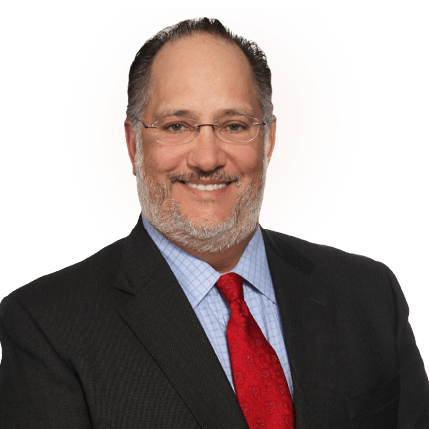UBER: Is it Safe?
The news media has been on fire with reports relating to Uber and the safety concerns associated with this "new" transportation service.
Uber hires "independent contractors" to serve as drivers, while it's software (in particular, it's cell phone apps) serves as the dispatch center and handles payment. It is an innovative use of technology, and it has been very successful to date. Too successful for many. Traditional taxi companies are none too happy about the competition, particularly from such an "unregulated" competitor that does not have to follow the same rules. Particularly a competitor that has grown as quickly as Uber. Uber has raised $2.7 billion in cash and is presently valued at over $40 billion. It hires thousands of drivers around the world, and is now in more than 250 cities and rapidly expanding to others.
One of the key issues that has received the most publicity is the extent to which Uber does or does not conduct background checks on it's drivers, and whether those checks are effective. There have been a number of reported assaults/rapes by the drivers, leading some cities to "ban" Uber from doing business in such location. For example, New Delhi recently banned Uber after one of its drivers was accused of raping a customer, and whom the authorities claim had a past history of rape. The City of Portland, Oregon sued Uber, claiming it was an "illegal, unregulated transportation service."
On December 9, 2014, the Dallas City Council passed a transportation for hire ordinance, otherwise known as the "Uber Rules," that requires Uber to comply with many (but not all) of the same rules as taxi drivers, but which does not require the same levels of commercial insurance. San Antonio has likewise passed similar regulations, which requires fingerprint background checks, commercial insurance, and vehicle inspections. Similar rules and ordinances are being debated and/or passed in many cities around the United States.
Uber contends that it already utilizes "industry-leading" standards for background checks on it's drivers. Uber's website describes it's commitment to safety:
"Putting safety first for each of the one million trips we are doing every day means setting strict safety standards, then working hard to improve them every day. We are reminded by the recent tragic event in India that best-in-class safety must be a constant quest. We owe it to all our riders, driver partners and communities around the world to examine what we can do better and then do everything we can to make more progress on safety."
Further, Uber claims:
"Wherever you are around the world, Uber is committed to connecting you to the safest ride on the road. That means setting the strictest safety standards possible, then working hard to improve them every day. The specifics vary depending on what local governments allow, but within each city we operate, we aim to go above and beyond local requirements to ensure your comfort and security - what we’re doing in the US is an example of our standards around the world."
Uber's website indicates that it conducts thorough background checks:
"Every ridesharing and livery driver is thoroughly screened through a rigorous process we’ve developed using constantly improving standards. This includes a three-step criminal background screening for the U.S. — with county, federal and multi-state checks that go back as far as the law allows — and ongoing reviews of drivers’ motor vehicle records throughout their time on Uber."
"Making sure you always have a safe, relaxing ride starts before you even get in an Uber. You’ll see your driver’s name, license plate number, photo, and rating when your request is confirmed — so you know who’s picking you up ahead of time. Drivers are also professional and friendly during the ride, respectful of your privacy or your preference for casual conversation. And after the trip, you’ll still be able to contact the driver in case you leave something behind."
Despite these claims and assurances, it was recently reported by the New York Times that Uber "has fought legislation requiring background checks as strong as those demanded of traditional taxis." According to the NYT, Uber's has made it a "top priority" to challenge outdated laws protected by the taxi industry. Per the NYT, Uber uses a third party, Hirease, to conduct background checks utilizing publicly available data. Many believe such checks are inadequate, and point to the various instances of criminal activity that has occurred to date to prove the point.
This debate will continue to rage, likely with varying results around the globe. In the meantime, if you utilize independent contractors, you may want to review your processes as well!


